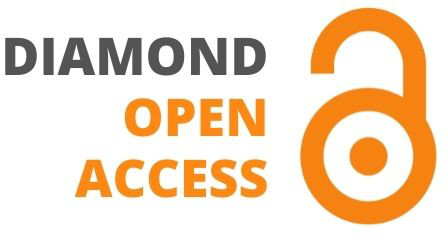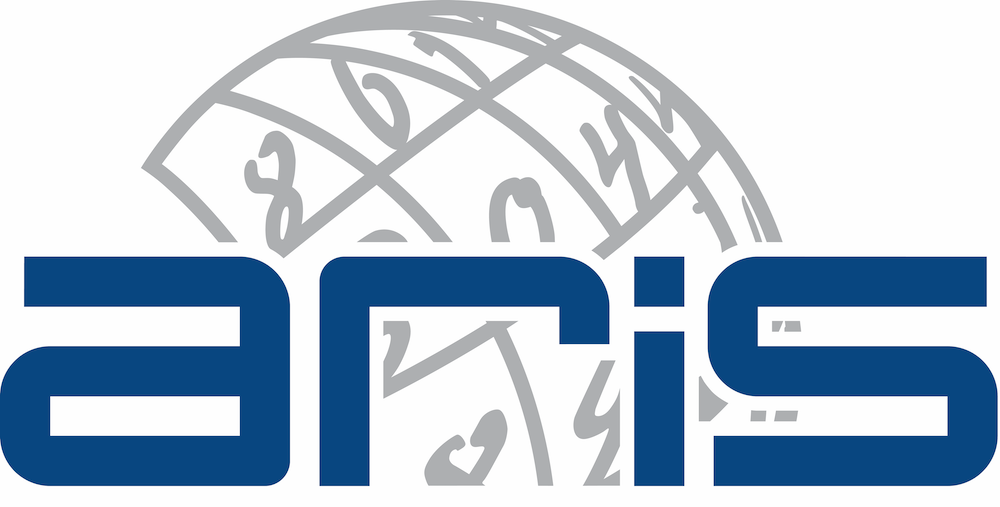Journal of Information Technology in Construction
ITcon Vol. 29, pg. 778-809, http://www.itcon.org/2024/34
Development of a Maturity Model for the Digital transformation of companies in the context of Construction Industry 4.0
| DOI: | 10.36680/j.itcon.2024.034 | |
| submitted: | December 2023 | |
| revised: | September 2024 | |
| published: | September 2024 | |
| editor(s): | Amor R | |
| authors: | Jan-Iwo Jäkel, M.Sc.,
Institute for Construction Management, Digital Engineering and Robotics in Construction RWTH Aachen University jaekel@icom.rwth-aachen.de Franziska Fischerkeller, M.Sc., Ed. Zueblin AG franziska.fischerkeller@zueblin.de Tessa Oberhoff, M.Sc., Institute for Construction Management, Digital Engineering and Robotics in Construction RWTH Aachen University oberhoff@icom.rwth-aachen.de Katharina Klemt-Albert, Univ.-Prof. Dr.-Ing., Institute for Construction Management, Digital Engineering and Robotics in Construction RWTH Aachen University klemt-albertl@icom.rwth-aachen.de | |
| summary: | The construction industry is characterized by a low level of productivity and digitalization, as well as the critical perceived instability of costs, deadlines and quality. One way to address these challenges is to increase the use of digital methods and technologies in the future. Optimal use of these can help to improve the quality of planning and execution and optimize the operation of existing buildings. The challenge is the implementation and integration of these methods and technologies into existing company structures. In many cases, companies do not have a unified understanding of the current state of digitization in their organization. This article closes this research gap and presents the development of a novel maturity model for construction companies in the context of Construction Industry 4.0, the Digital Construction Company Maturity Model (DCCMM). Based on a literature review, the appropriate technologies used in the construction industry are identified and the basic requirements for the maturity model are defined. Once implemented, the model comprises five dimensions and 28 assessment parameters that describe digital transformation across six maturity levels. The conceptual model is tested and validated in eight construction companies. This is done in the context of qualitative interviews. The DCCMM serves as a holistic framework for the individual classification of companies in terms of digital transformation. This provides construction companies with a transparent and comprehensible indication of the degree of digitalization of their own structures. The result will make a significant contribution to further digitalization in the construction industry. | |
| keywords: | maturity model, digital transformation, construction industry, Construction 4.0, Industry 4.0, digitalization und automation, construction companies, strategy | |
| full text: | (PDF file, 1.1 MB) | |
| citation: | Jäkel J-I, Fischerkeller F, Oberhoff T, Klemt-Albert K (2024). Development of a Maturity Model for the Digital transformation of companies in the context of Construction Industry 4.0, ITcon Vol. 29, pg. 778-809, https://doi.org/10.36680/j.itcon.2024.034 | |
| statistics: |





